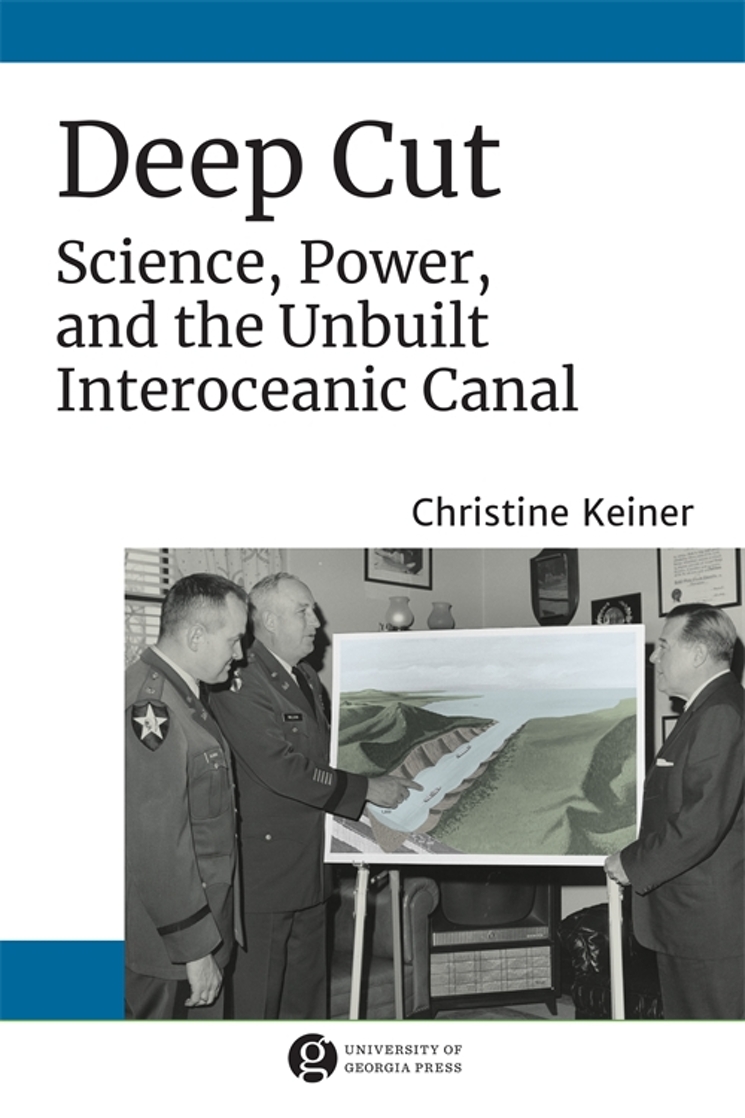In Deep Cut, Christine Keiner examines the Atlantic-Pacific Central American sea-level canal in an alternative context; as an anticipated infrastructure project that captured attention from the nineteenth through the late twentieth centuries.

Christine Keiner, Professor of STS (Science, Technology, and Society) and History at Rochester Institute of Technology, presented her book Deep Cut: Science, Power, and the Unbuilt Interoceanic Canal (University of Georgia Press, 2020) in the Greenhouse environmental humanities book talks series on Monday, 7 June 2021, at 16:00 Central European time.
The Atlantic-Pacific Central American sea-level canal is generally regarded as a spectacular failure. However, Deep Cut examines the canal in an alternative context, as an anticipated infrastructure project that captured attention from the nineteenth through the late twentieth centuries. Historian Christine Keiner shows how the evolving plans for the sea-level ship canal performed distinct kinds of work for diverse historical actors in light of shifting scientific, environmental, and diplomatic values. Dismissing it as a failed scheme prevents us from considering the political, cultural, and epistemological processes that went into constructing the seaway as an innovative diplomatic solution to rising U.S.-Panama tensions, an exciting research opportunity for evolutionary biologists, a superior hydrocarbon highway for the oil industry, or a serious ecological threat to marine biodiversity.
Invoking past dreams and nightmares of peaceful nuclear explosives, invasive sea snakes, and the 1970s energy crisis, Deep Cut uses the Central American seaway proposal to examine the changing roles of environmental diplomacy and state-sponsored environmental impact assessment. More broadly, Keiner amplifies an emerging conversation around the environmental, scientific, and political histories and legacies of unrealized megaprojects.